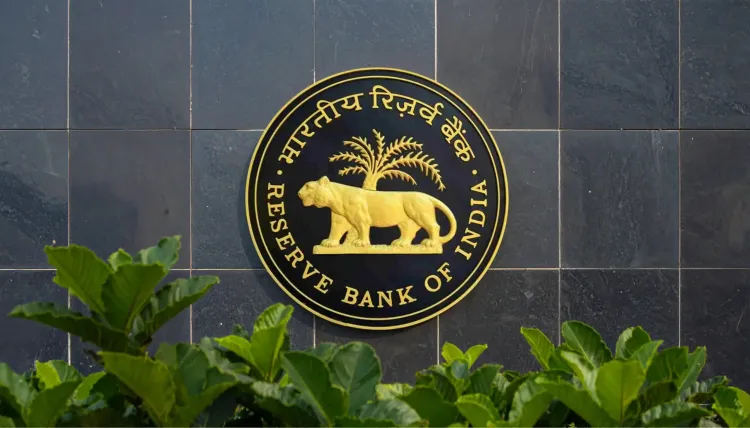Why Did RBI Impose a Rs 2.7 Lakh Fine on Muthoot FinCorp?

Synopsis
Key Takeaways
- The RBI imposed a fine of Rs 2.70 lakh on Muthoot FinCorp.
- The penalty is due to non-compliance with the Internal Ombudsman guidelines.
- This action highlights the importance of regulatory compliance in the financial sector.
- The penalty relates solely to compliance issues, not transactional validity.
- Further actions against the company are still possible.
New Delhi, Sep 26 (NationPress) The Reserve Bank of India (RBI) announced on Friday that it has slapped a fine of Rs 2.70 lakh on Muthoot FinCorp Limited due to its failure to adhere to regulatory guidelines concerning its Internal Ombudsman framework.
This penalty was enforced under the provisions of the Reserve Bank of India Act, 1934, in the wake of a statutory inspection evaluating the company's financial status as of March 31, 2024.
According to an official statement from the central bank, “The RBI has imposed a monetary penalty of Rs 2.70 lakh on Muthoot FinCorp Limited for non-compliance with directives regarding the Internal Ombudsman.”
Following the inspection, the RBI issued a show-cause notice to the company upon discovering instances of non-compliance.
The RBI elaborated that the statutory inspection was centered on the company’s financial state as of March 31, 2024.
“In light of supervisory findings indicating non-compliance and related correspondence, a notice was sent, advising the firm to explain why a penalty should not be enforced for its failure to comply with these directives,” the central bank elaborated.
After considering both written and oral arguments during a personal hearing, the RBI concluded that Muthoot FinCorp did not implement a mechanism for automatically escalating complaints that were either partially or fully rejected by the company's internal grievance resolution process to the Internal Ombudsman.
“The company did not set up a system for the automatic escalation of complaints that were either partially or fully rejected by its internal grievance redress mechanism to the Internal Ombudsman, the RBI emphasized.
Furthermore, the central bank noted that this penalty specifically pertains to regulatory compliance issues and does not question the legitimacy of any transactions or agreements between the firm and its clientele.
The RBI also mentioned that this penalty does not exclude the possibility of additional actions being taken against the company.









